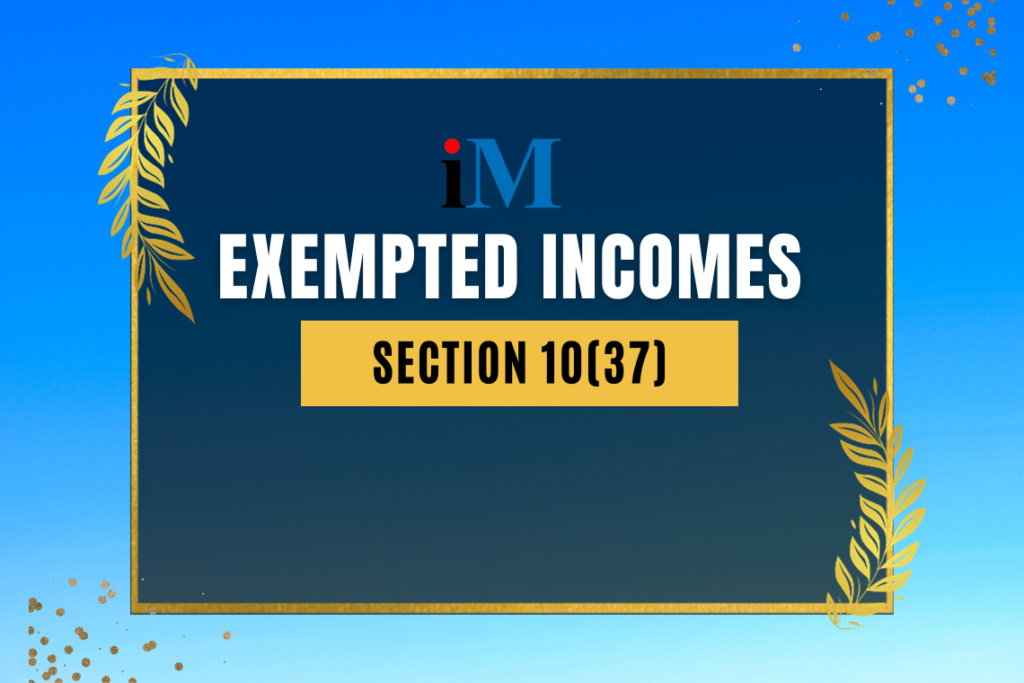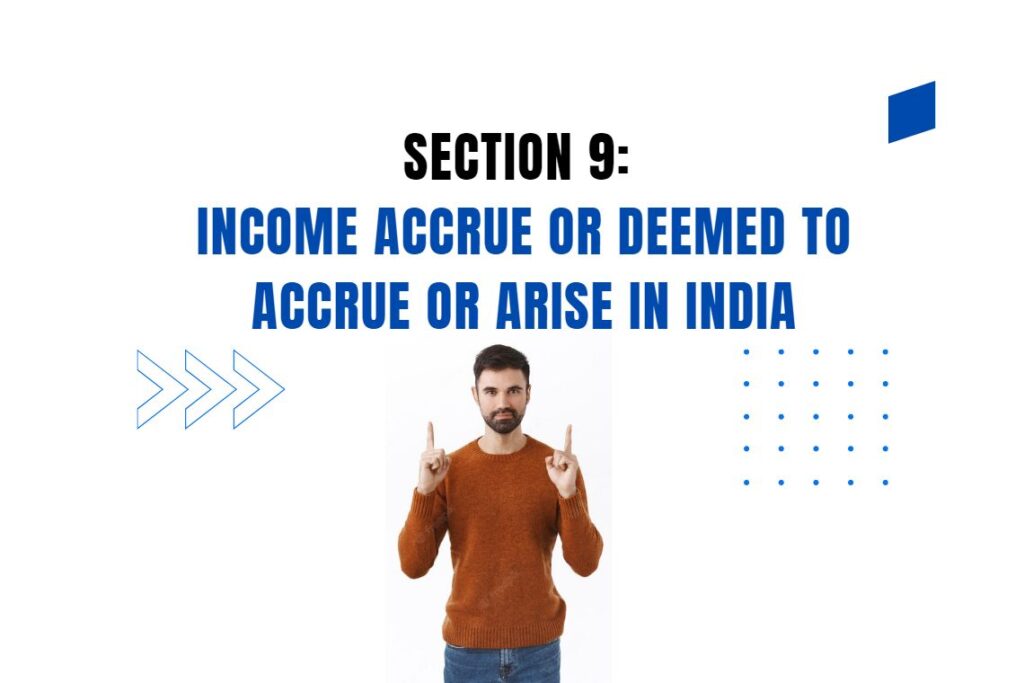Section 10(37) of the Income Tax Act, 1961 provides for the exemption of capital gains on compensation received on compulsory acquisition of agricultural land situated within specified urban limits. This exemption is available to both resident and non-resident individuals and Hindu Undivided Families (HUFs). This provision aims to support farmers and landowners who are forced to give up their agricultural land for urban development.
Criteria for Exemption
In order to qualify for the exemption under Section 10(37), certain criteria must be met:
- The land being acquired must be agricultural land.
- The agricultural land must be situated within the specified urban limits.
- The compensation must be received as a result of compulsory acquisition.
- The land must be agricultural land situated within specified urban limits.
- The land must be compulsorily acquired by the government or a local authority.
- The compensation must be received on or after April 1, 2004.
- The land must have been used for agricultural purposes by the taxpayer (or by his parents in the case of an individual) for a period of 2 years immediately preceding the date of its acquisition.
If all of the above conditions are fulfilled, the entire capital gain arising on the compulsory acquisition of the agricultural land will be exempt from income tax.
Amount of Exemption
The amount of exemption under Section 10(37) is the amount of compensation received for the compulsory acquisition of the agricultural land. This means that the entire amount of capital gains arising from the transfer of the land is exempt from tax.
Procedure for Claiming Exemption
To claim the exemption under Section 10(37), the taxpayer must fulfill the following requirements:
- The taxpayer must be an individual or a Hindu Undivided Family (HUF).
- The taxpayer must file their income tax return and report the capital gains.
- The taxpayer must invest the amount of compensation received in a specified asset within the specified time period.
- The taxpayer must not transfer the specified asset within a specified period.
The Specified Urban Limits are as follows:
The term “Specified Urban Limits” under Section 10(37) of the Income Tax Act, 1961 is not defined in the Act. However, the Central Board of Direct Taxes (CBDT) has issued a circular (No. 7/2004, dated 10-02-2004) clarifying the meaning of this term.
According to the CBDT circular, Specified Urban Limits for the purposes of Section 10(37) means:
- The local limits of any municipality or cantonment board.
- Any area which is comprised within the jurisdiction of a notified area committee or town area committee.
- Any area which is declared as an urban area by the Central Government or the State Government.
The CBDT circular also clarifies that the Specified Urban Limits for the purposes of Section 10(37) will vary from State to State. Therefore, taxpayers should consult the relevant State Government authorities to determine whether their agricultural land is situated within Specified Urban Limits for the purposes of Section 10(37).
Here are some examples of Specified Urban Limits under Section 10(37):
- The local limits of the Municipal Corporation of Delhi (MCD).
- The local limits of the Brihanmumbai Municipal Corporation (BMC).
- The local limits of the Chennai Municipal Corporation.
- The local limits of the Kolkata Municipal Corporation.
- Any area which is comprised within the jurisdiction of the Noida Authority or the Greater Noida Industrial Development Authority.
- Any area which is declared as an urban area by the Government of Uttar Pradesh or the Government of Maharashtra.
Conclusion
The exemption provided under Section 10(37) of the Income Tax Act is a beneficial provision for farmers and landowners who are compelled to part with their agricultural land due to urban development. By exempting the capital gains on the compensation received, the government aims to provide relief to those affected by compulsory acquisition. However, it is important for taxpayers to fulfill the necessary criteria and follow the prescribed procedure to claim the exemption.



![Residential Status [Sections 5 to 9B]](https://incometaxmanagement.in/wp-content/uploads/2023/09/Residential-Status-Sections-5-to-9B-1024x683.jpg)

![EXEMPTED INCOMES [Section – 10, 10AA, 11 to 13A]](https://incometaxmanagement.in/wp-content/uploads/2023/09/Exempted-Incomes-Section-10-1024x683.jpg)

![Income of an Electoral Trust shall be Exempt [Section 13B]](https://incometaxmanagement.in/wp-content/uploads/2023/10/61-Exempted-Incomes-Section-13B-1024x683.png)
![Incomes of Political Parties [Section-13A]](https://incometaxmanagement.in/wp-content/uploads/2023/10/60-Exempted-Incomes-Section-13A-1024x683.png)
![Special Provisions in respect of Newly-established Units in Special Economic Zones (SEZ) [Section-10AA]](https://incometaxmanagement.in/wp-content/uploads/2023/10/59-Exempted-Incomes-Section-10AA-1024x683.png)
![Exemption in respect of income chargeable to Equalization Levy [Section 10(50)]](https://incometaxmanagement.in/wp-content/uploads/2023/10/58-Exempted-Incomes-Section-1050-1024x683.png)
![Income of a Developmental Financing Institution (DFI) to be Exempt [Section 10(48E)]](https://incometaxmanagement.in/wp-content/uploads/2023/10/57-Exempted-Incomes-Section-1048E-1024x683.png)